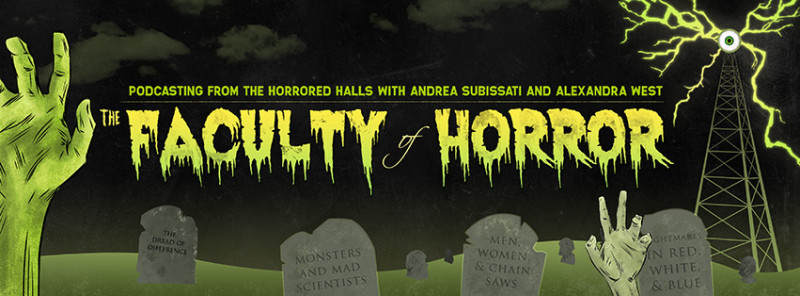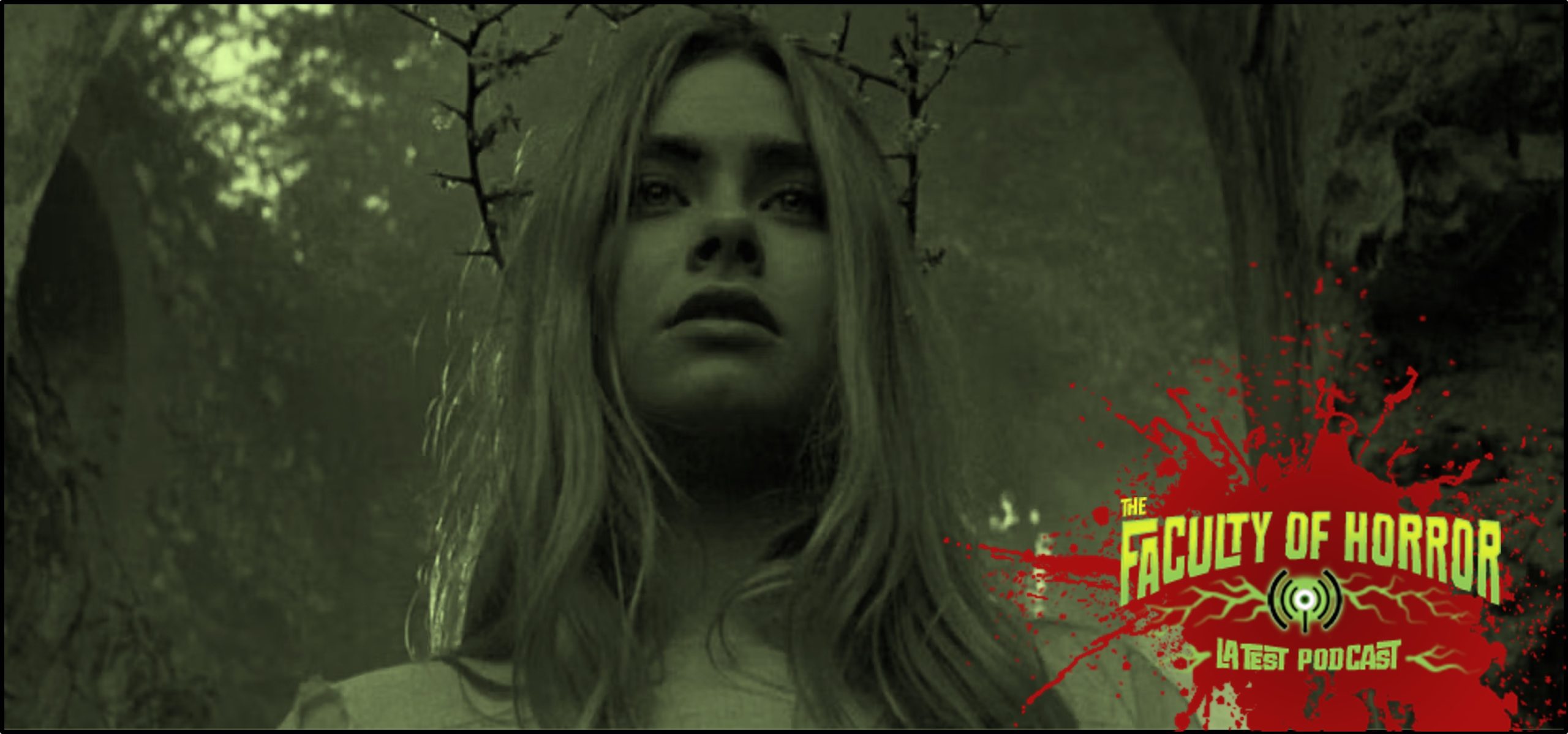We’re back on our old stomping grounds of Salem Horror Fest to plow the fertile fields of themes and metaphors to unearth why the British folk horror classic, The Blood on Satan’s Claw, left us feeling so icky. From teens and occultism to PSAs and power, we dig deep.
REQUIRED READING
The Blood on Satan’s Claw. Dir Piers Haggard, 1971.
EXTRA CREDIT
Folk Horror Hours Dreadful And Things Strange. Paul Scovell’s essential text for British folk horror.
Satanic Tourism: Adolescent Dabblers and Identity Work. Pseudo-Satanism as harmless teen fun!
The Seventeenth Century on Film: Patriarchy, Magistracy, and Witchcraft in British Horror Films. Here’s to King James III!
LISTEN
Right click or option-click here and choose “Save Target As”
Podcast: Play in new window | Download


It is absolutely false to contrast Japan with “colonizing nations”.
https://en.wikipedia.org/wiki/List_of_territories_acquired_by_the_Empire_of_Japan
I don’t think 17 is (or was at the time) legally underage in the UK. Per wikipedia, the age is 16. I’m not sure why there would be a requirement that the scene be darkened. It wasn’t when I watched it on Tubi (which is admittedly unlikely to be subject to UK law).
The furry marker on people’s bodies seems to be inspired by this:
https://en.wikipedia.org/wiki/Witch%27s_mark
This film does endorse the state using violence against the cultists, but not rape.
I had never heard of this film prior to you covering it. Maybe it’s because I’m not British, but I wouldn’t have thought of it as “part of our culture” even as a fan of a lot of 70s horror movies.
With regard to the fur patch, I correlate the fur patch as “evidence” that Margaret is a witch. Stemming from Daemonologie, the fur patch can be seen as proof of her pact with Satan, similar to scars, moles, etc. (and the witches beards in MacBeth).